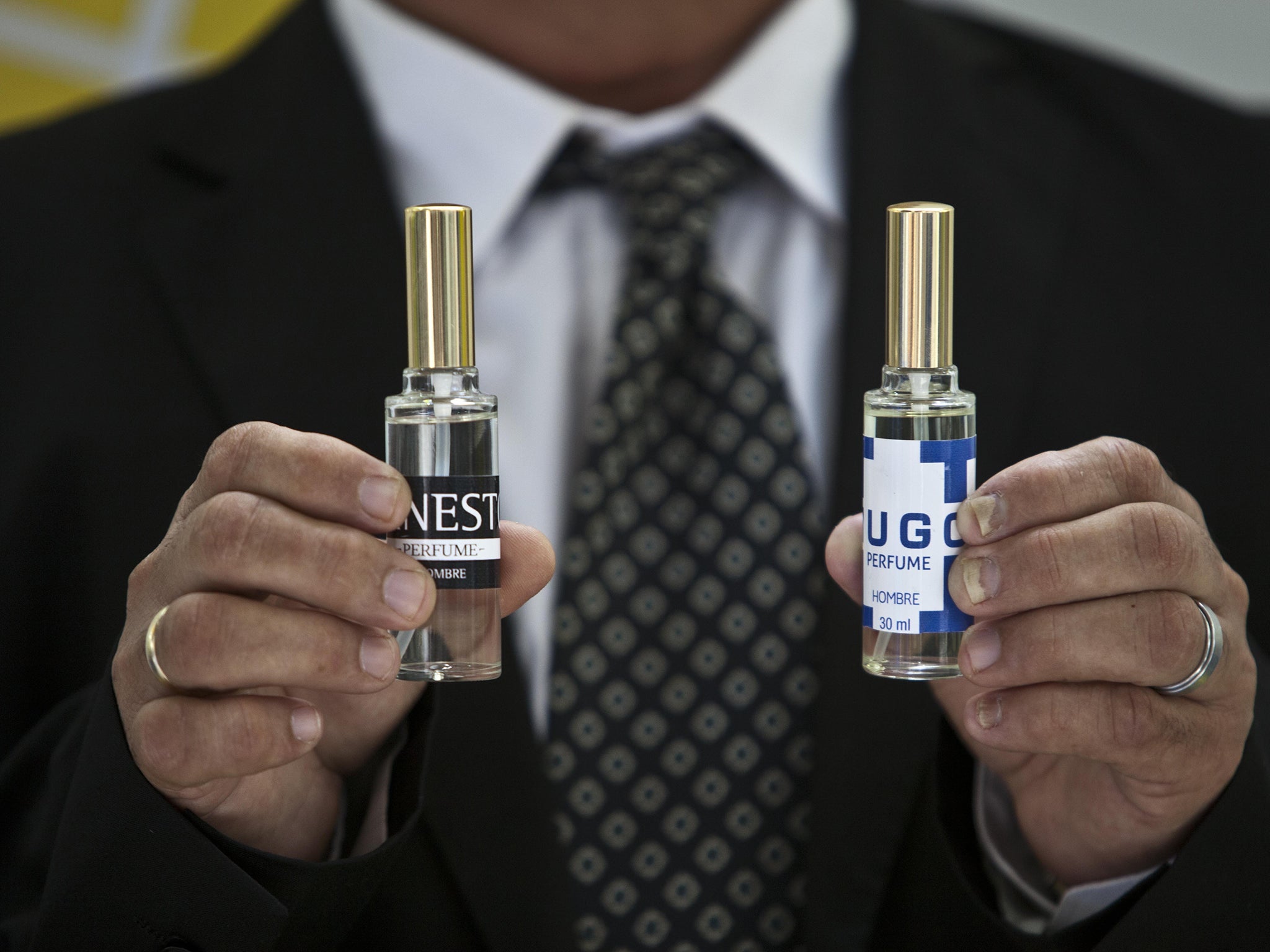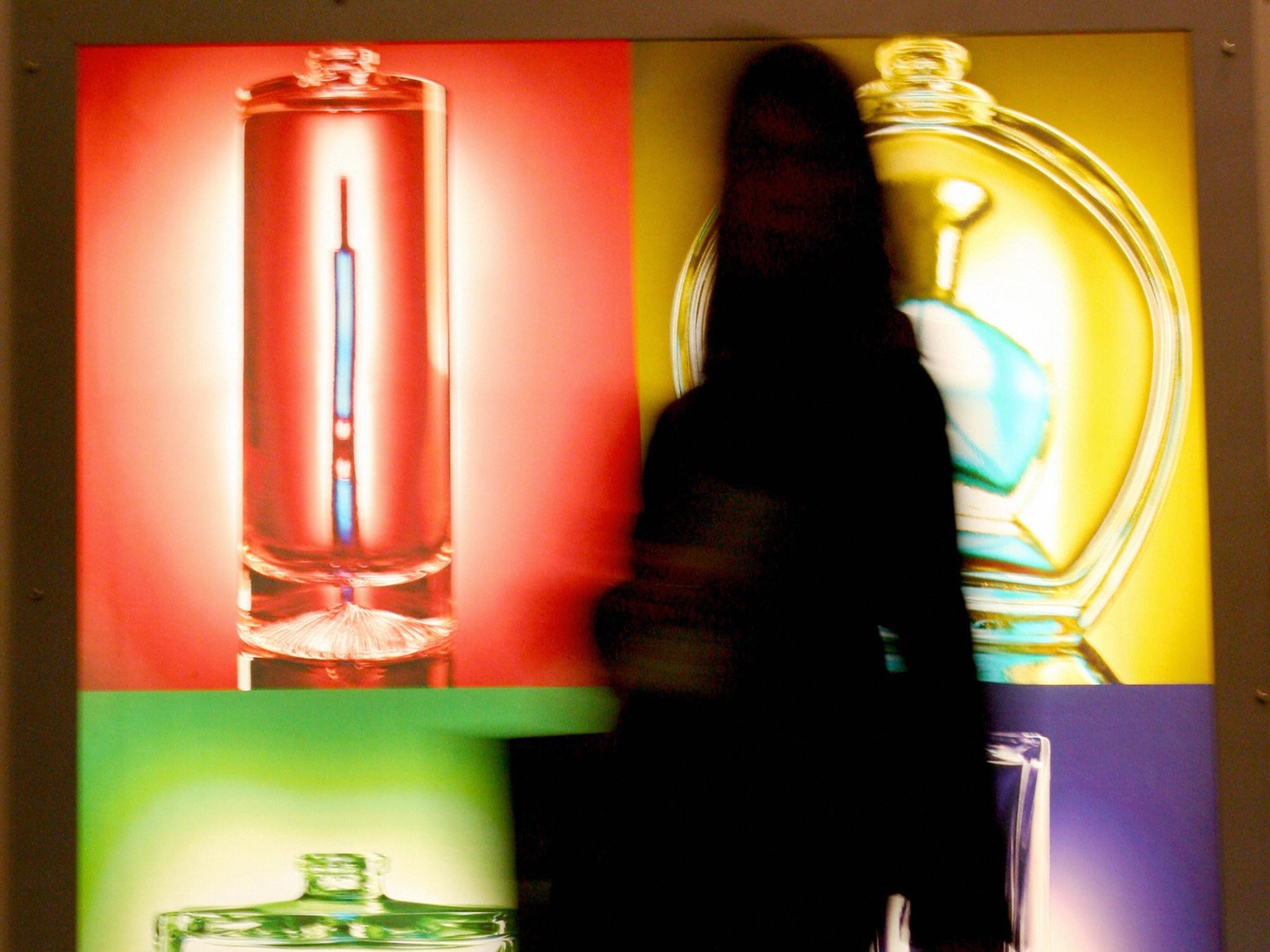Eau de Revolution: Cuba bottles scent of Che and Chavez
Can you really capture the smell of a left-wing hero? One parfumier says yes

Your support helps us to tell the story
From reproductive rights to climate change to Big Tech, The Independent is on the ground when the story is developing. Whether it's investigating the financials of Elon Musk's pro-Trump PAC or producing our latest documentary, 'The A Word', which shines a light on the American women fighting for reproductive rights, we know how important it is to parse out the facts from the messaging.
At such a critical moment in US history, we need reporters on the ground. Your donation allows us to keep sending journalists to speak to both sides of the story.
The Independent is trusted by Americans across the entire political spectrum. And unlike many other quality news outlets, we choose not to lock Americans out of our reporting and analysis with paywalls. We believe quality journalism should be available to everyone, paid for by those who can afford it.
Your support makes all the difference.Call it Eau de Revolution. Cuba’s biggest producer of herbal products has come up with a pair of colognes for the discerning supporter of international socialism who wants something more than just a Che T-shirt.
A woodsy and refreshing citric scent with notes of talcum powder called Ernesto honours the guerrilla leader Ernesto Che Guevara.
For those seeking something softer and fruitier, there’s a blend with hints of mango and papaya called Hugo, for the late Venezuelan President Hugo Chavez.
“They will be very attractive colognes, but the names also mean a lot to us,” said Isbel Gonzalez, vice-president for research and development for Labiofam, which produces homeopathic medicines, cleaning products and dietary supplements.
Formulated by a French company and produced in Cuba, the colognes are being presented this week at a Labiofam convention in Havana.
The two scents so far have generic bottles and simple printed labels bearing only their names.
But Labiofam is developing more attractive bottles and labels with hopes of putting the colognes on sale in Cuba and internationally, Ms Gonzalez said. She declined to provide a timeline. Labiofam executives said they and the French firm Robertet worked for more than 18 months to produce the colognes.

The Cuban company polled 122 visitors to other pharmaceutical conventions to determine what names people preferred from a pre-selected list of options.
“It was a great challenge,” said a Cuban biochemist, Mario Valdes, who led the scent design team. The French company did not respond to a request for comment.
Labiofam is also producing a pair of women’s perfumes called Amalia and Alba. While Alba is the Spanish acronym for the leftist Latin American regional alliance founded by Chavez, Ms Gonzalez did not provide details about whether the perfumes’ names also had political connotations.
Celebrity endorsements are a vital part of the perfume and cologne business, but scents inspired by political figures are rarer. One example is that associated with the ousted Philippines President Joseph Estrada, a former star of action films and heart-throb who was forced out in a 2001 “people power” revolt.
Mr Estrada, now mayor of the Philippines capital of Manila, was known for using a distinctively scented body powder, and at one point during his presidency packages described as Estrada’s body powder were put on sale for his followers.

Che’s image has long been appropriated for products as diverse as clothing and cars, often running into objections from former associates of the Argentine-born revolutionary who helped Fidel and Raul Castro’s rebels overthrow Cuban President Fulgencio Batista in 1959.
Chavez became the Castros’ greatest ally after the break-up of the Soviet Union, frequently visiting and supplying Cuba with millions of barrels of discounted oil that provided vital support for the island’s struggling economy.
Labiofam’s director is a nephew of the Castros, and Mr Valdes said the families of Che and Chavez had been consulted and approved the use of the names.
Cubans are enthusiastic consumers of perfumes and colognes. The state cosmetics company Suchel-Camacho produces Alicia, a scent named after the Cuban National Ballet founder Alicia Alonso, which has been popular among both tourists and Cuban women since the 1980s.
At the Labiofam convention, visitors’ reactions to the revolutionary scents were largely positive.
“I’d probably be more likely to buy Ernesto because the scent is a little more striking,” said Reymundo Miranda, an expert in traditional medicine.
Mr Valdes said the company had no intention of trivialising the two men’s legacies with the colognes. “We didn’t want to create propaganda, but rather pay homage to them and help their names endure,” he said.
AP
Join our commenting forum
Join thought-provoking conversations, follow other Independent readers and see their replies
Comments